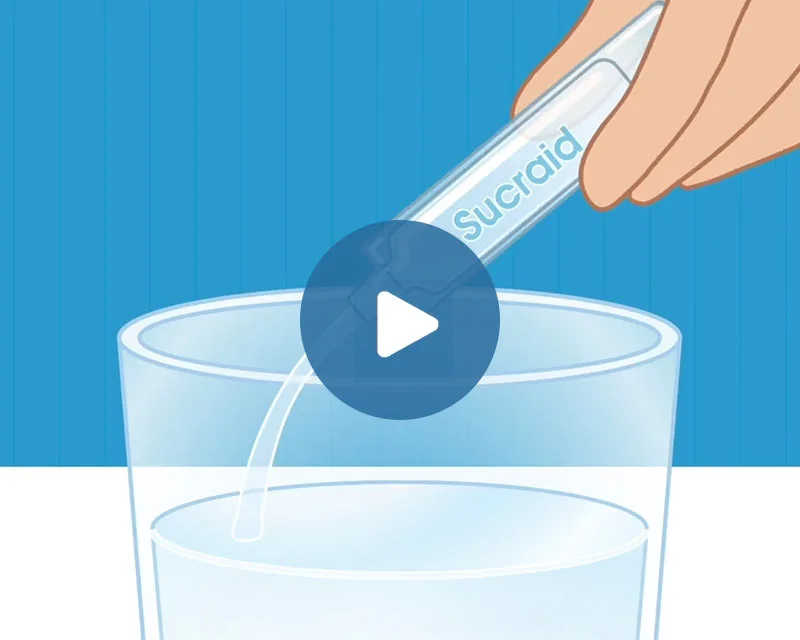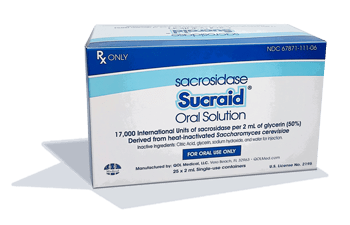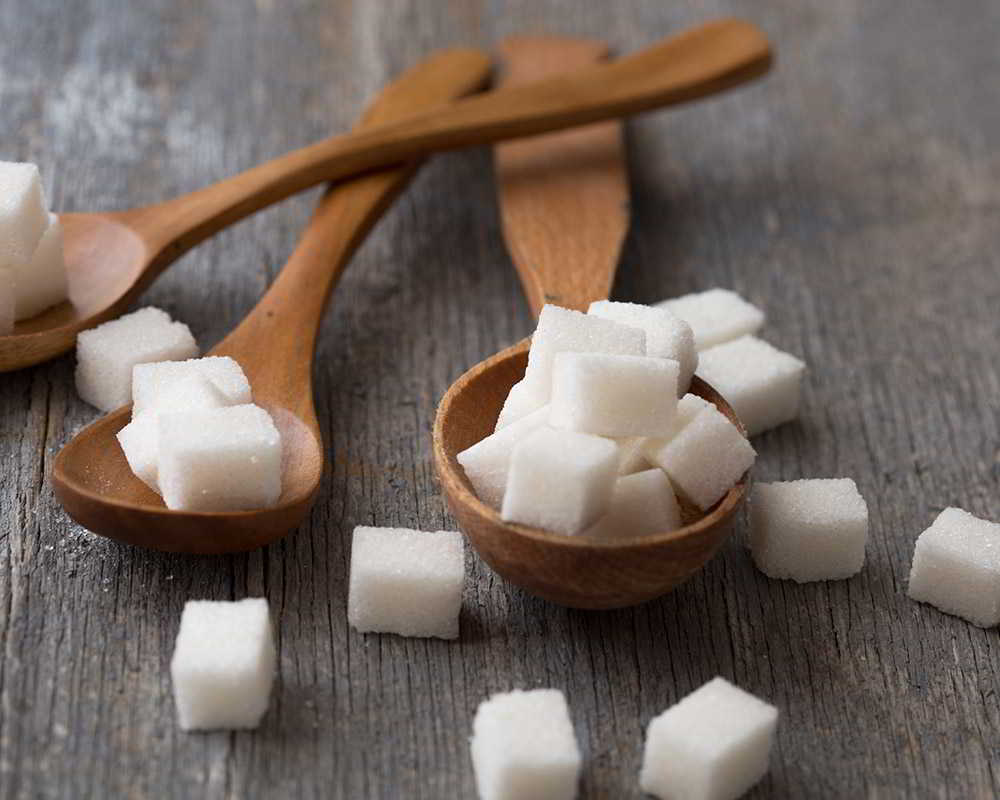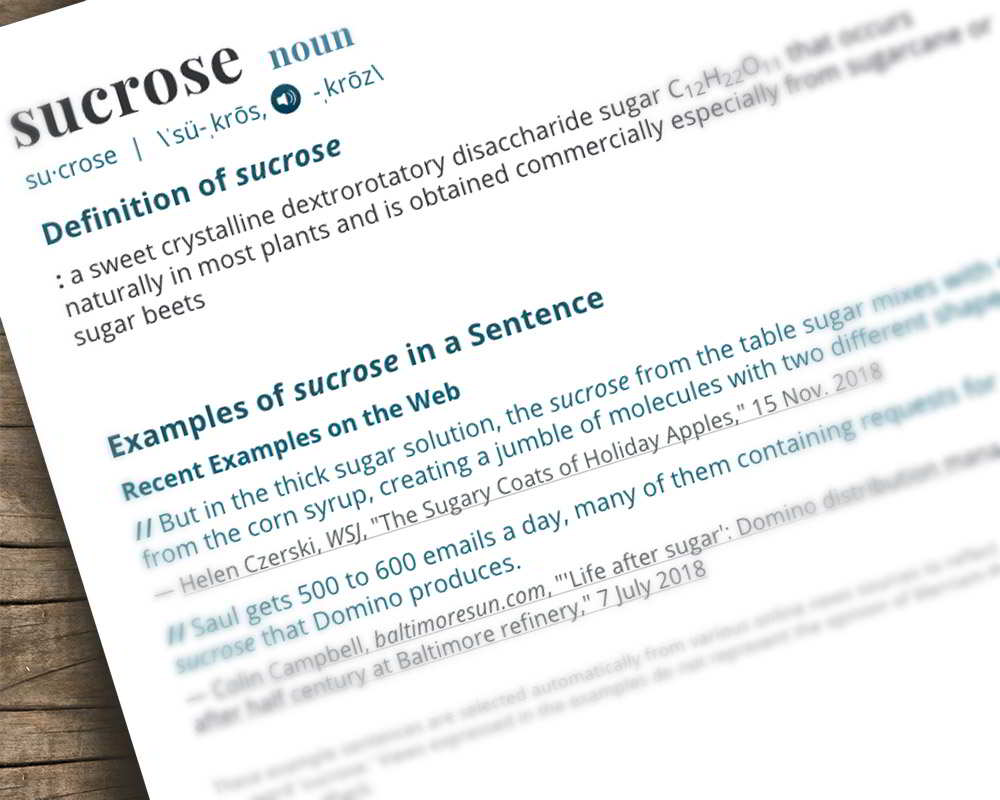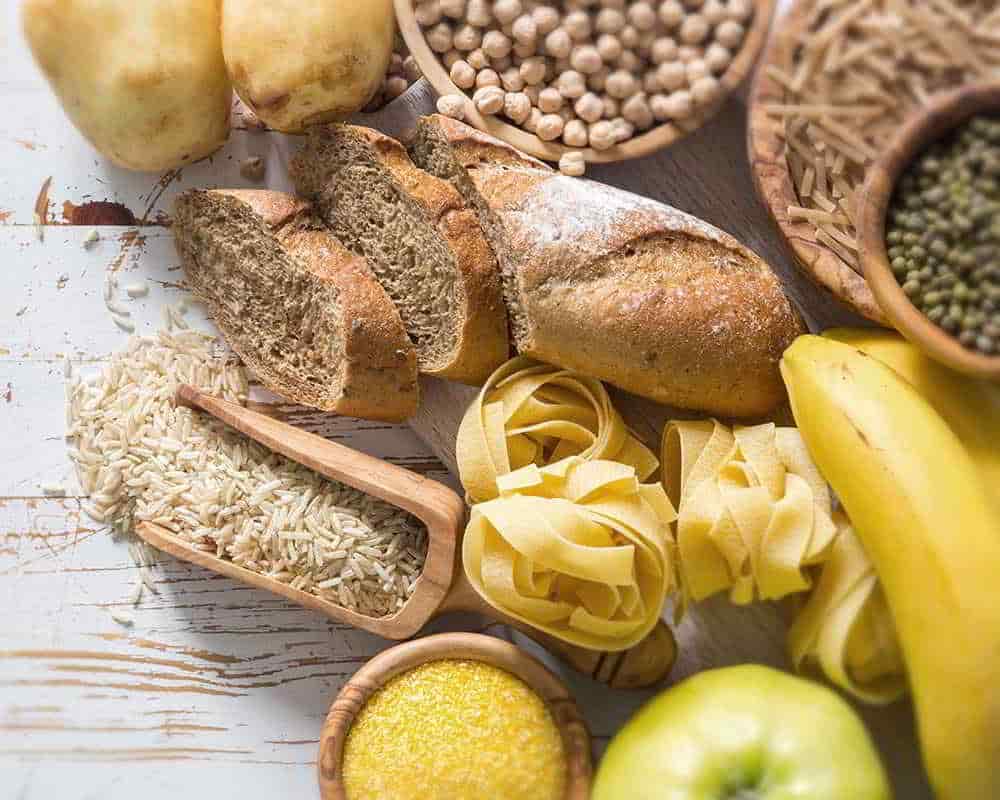
About Sucraid®
Sucraid® is the only FDA-approved enzyme replacement therapy for the treatment of CSID.

About CSID
Congenital Sucrase-Isomaltase Deficiency (CSID), also known as Genetic Sucrase-Isomaltase Deficiency (GSID).
Patient Assistance
SucraidASSIST™ is a comprehensive support program that provides information and support.
What is Congenital Sucrase-Isomaltase Deficiency?
CSID is a disorder that reduces the effectiveness of enzymes that digest carbohydrates (sugar and starch). Congenital Sucrase-Isomaltase Deficiency, also known as Genetic Sucrase-Isomaltase Deficiency (GSID), is an inherited disorder that causes these digestive enzymes either to be missing or to not work as well.
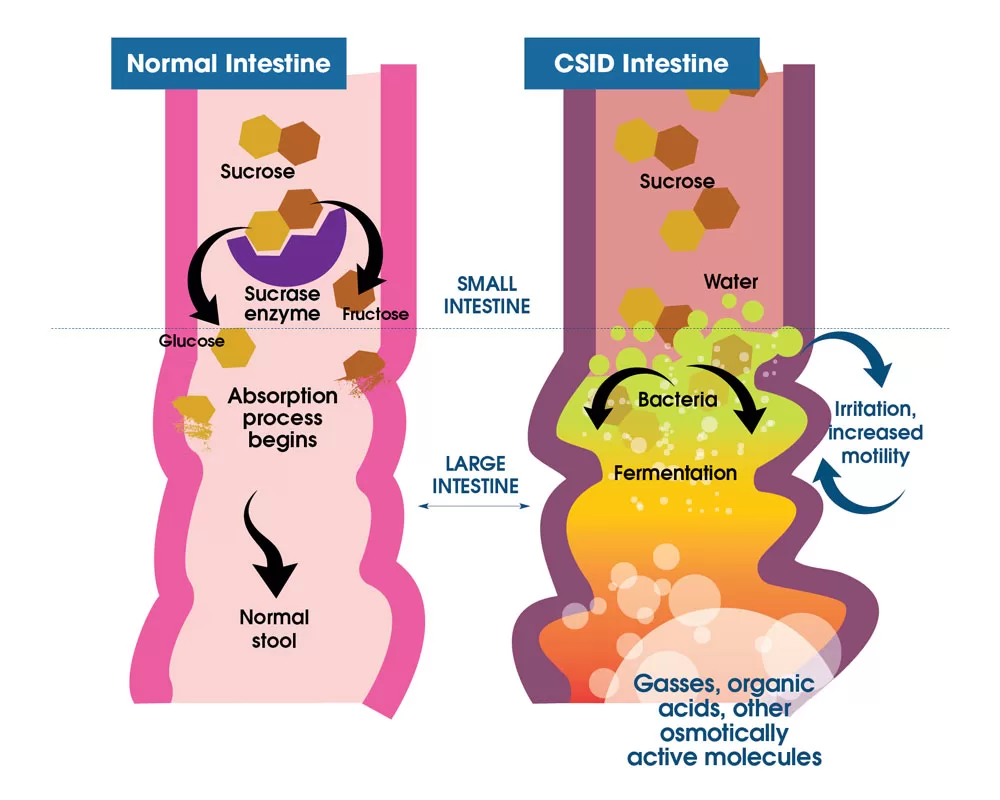
Download the doctor discussion guide + Sucraid® 4-Day Trial Prescription Forms.
Talking to your doctor about CSID symptoms like bloating, gas, and diarrhea can be uncomfortable, but it’s crucial for an accurate diagnosis.
Prepare for your appointment with the CSID Doctor Discussion Guide. It helps you organize your symptoms, medical history, and questions for your doctor.
Click below to download the guide, fill it out, and share it with your doctor. Also, ask your GI specialist if you qualify for a 4-day trial of Sucraid®.
Enter your email to receive the latest updates on CSID and treatment options.
Download the doctor discussion guide + Sucraid® 4-Day Trial Prescription Forms.
Talking to your doctor about CSID symptoms like bloating, gas, and diarrhea can be uncomfortable, but it’s crucial for an accurate diagnosis.
Prepare for your appointment with the CSID Doctor Discussion Guide. It helps you organize your symptoms, medical history, and questions for your doctor.
Click below to download the guide, fill it out, and share it with your doctor. Also, ask your GI specialist if you qualify for a 4-day trial of Sucraid®.
Enter your email to receive the latest updates on CSID and treatment options.
See how Sucraid® works. Watch the Video
What is Sucraid®?
Sucraid® is the only FDA-approved enzyme replacement therapy indicated for the treatment of sucrase deficiency, which is part of congenital sucrase-isomaltase deficiency (CSID), in adult and pediatric patients 5 months of age and older. Sucraid® is an enzyme replacement therapy, providing a substitute for the sucrase enzyme in the small intestine that is missing or not working in people who have CSID. CSID may also be called a form of Sucrose Intolerance, carbohydrate malabsorption or intolerance or Genetic Sucrase-Isomaltase Deficiency (GSID).
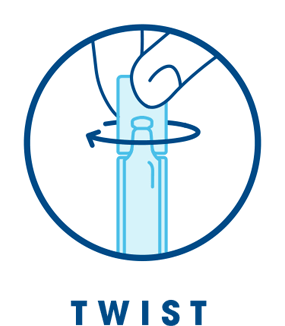
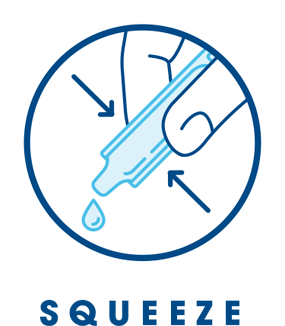
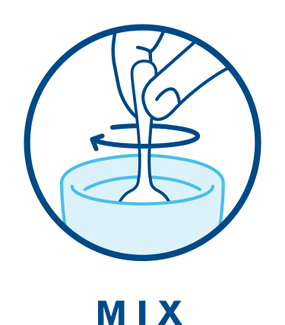
Effective
Patients who became asymptomatic* with Sucraid® in a clinical trial.1
*Study patients, who were diagnosed with CSID and took Sucraid® with each meal, were considered asymptomatic if they reported no GI symptoms for 7 of the 10 study days (N=26).
1 Treem WR, McAdams L, Standford L, Kastoff G, Justinich C, Hyams J. Sacrosidase Therapy for Congenital Sucrase-Isomaltase Deficiency. J Pediatr Gastroenterol Nutr. 1999;28(2):137-42. doi:10.1097/00005176-199902000-00008
Effective
Patients who became asymptomatic* with Sucraid® in a clinical trial.1
*Study patients, who were diagnosed with CSID and took Sucraid® with each meal, were considered asymptomatic if they reported no GI symptoms for 7 of the 10 study days (N=26).
1 Treem WR, McAdams L, Standford L, Kastoff G, Justinich C, Hyams J. Sacrosidase Therapy for Congenital Sucrase-Isomaltase Deficiency. J Pediatr Gastroenterol Nutr. 1999;28(2):137-42. doi:10.1097/00005176-199902000-00008
Sucraid® is a drug that is only available by prescription, but a prescription for Sucraid® cannot be filled by your corner drugstore. The only way to get a Sucraid® prescription filled is through the specialty pharmacy. Call the specialty pharmacy at 1-833-800-0122.
If your doctor has prescribed Sucraid® for you, it is because you have been diagnosed with CSID. If that is the case, your doctor wishes to determine if a trial of Sucraid® therapy would help relieve some of your GI symptoms.
- Sucraid® is supplied in 2-mL single-use containers packaged in a foil pouch
- Each mL of solution contains 8,500 international units (IU) of sacrosidase
- Each foil pouch includes five Sucraid® single-use containers
Patient Stories
For us, Sucraid® is the difference between strict diet adherence and a more normal diet. Sucraid® means more freedom of choice for us.”
Aileen, Caregiver for Patient Treated With Sucraid®
These statements reflect individual experiences and should not be used as a substitute for talking with your doctor about whether Sucraid® is right for you. Your doctor can discuss the benefits and risks with you. Each patient experience is unique and QOL Medical, LLC does not provide any warranty or guarantee as to the response a patient will have to Sucraid®.
Insights
Watch Now
Behind the Mystery: Rare & Genetic Diseases is a special video on the balancing act of treating individuals who have CSID. This is an interview with Dr. William Treem, a pediatric gastroenterologist who has studied and treated patients with CSID for years.
QOL Medical contributed financially to the production and air time of this video, which appeared on the Lifetime Television Network. Dr. William Treem, who appears in this video, was a paid consultant of QOL Medical and was compensated for his time participating in this video. Please see the indication and important safety information for Sucraid® below.





